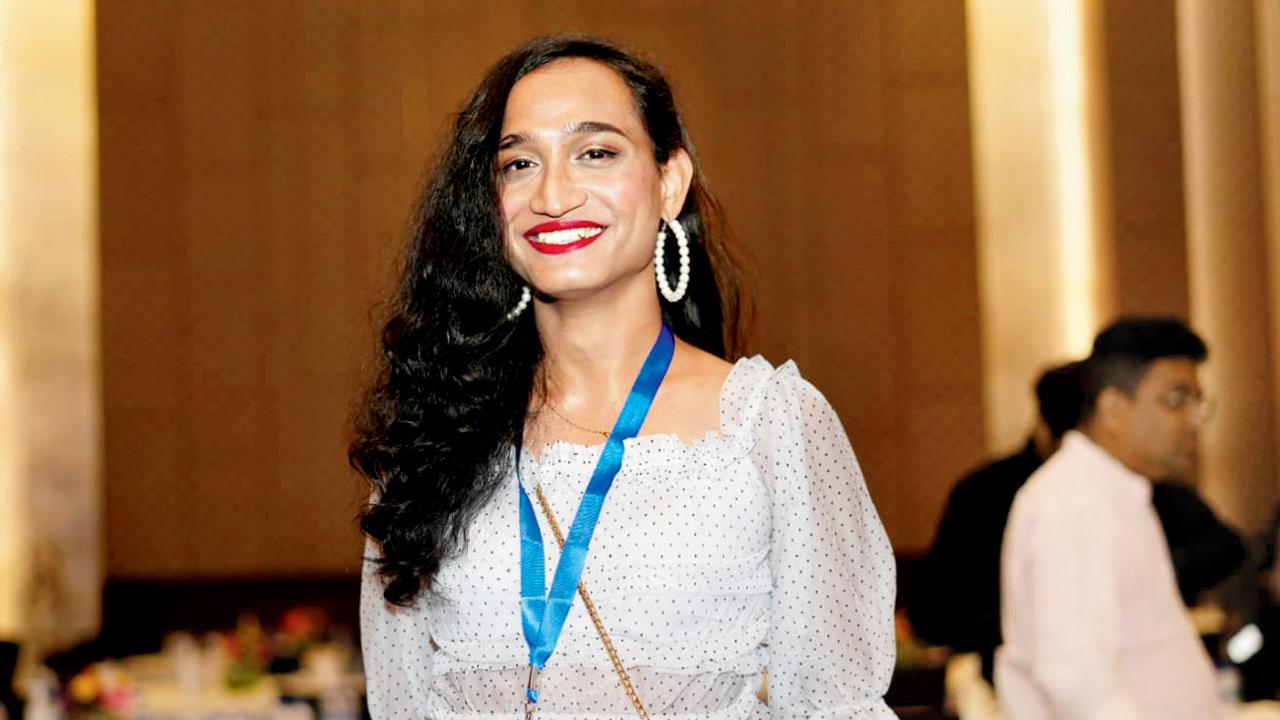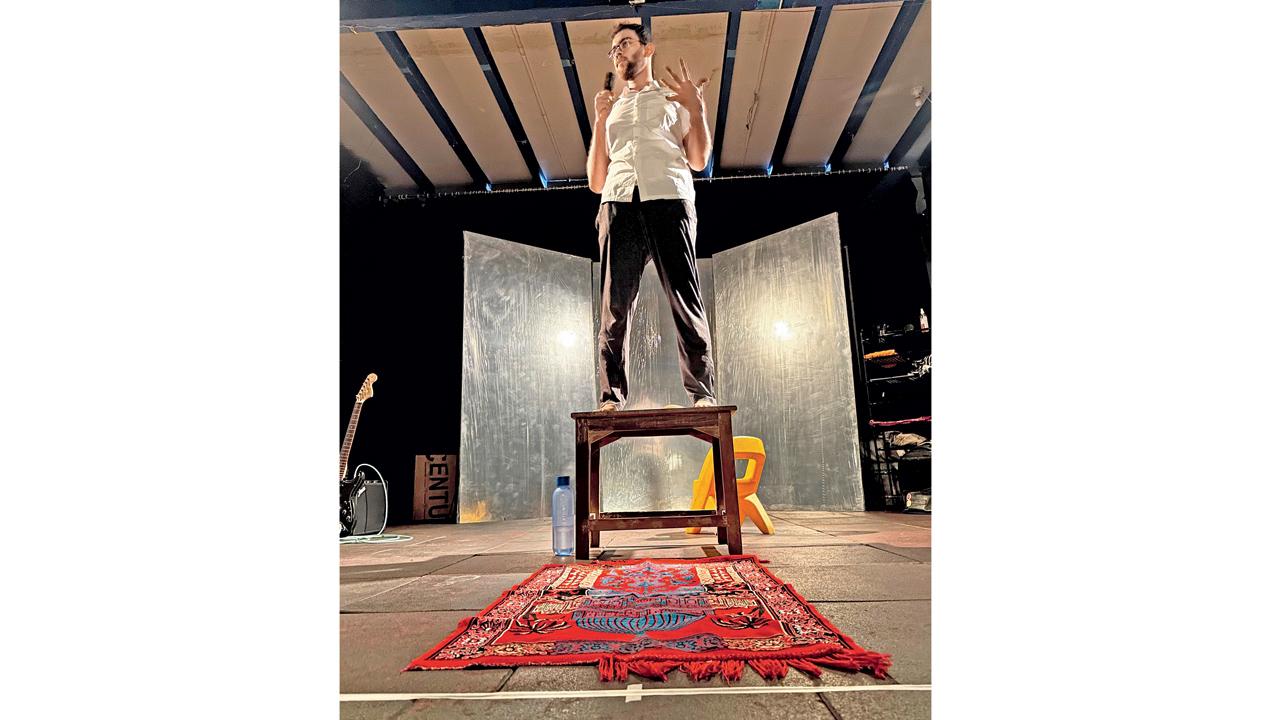The city - sliced, diced and served with a dash of sauce

Pic/Satej Shinde
The heights of friendship
ADVERTISEMENT
A young girl lends her friend a helping hand while negotiating the Bandra fort ruins at Bandstand in Bandra.
Kids, asteroids can be cool too!
 Lonar Lake
Lonar Lake
On World Asteroid Day that falls on June 30, the city’s astronomy geeks have an exciting session to look forward to. Nehru Science Centre (NSC) is organising an online lecture on asteroids by Dr Henry Throop, programme officer and astronomer at NASA. Umesh Kumar Rustagi, NSC’s director, told us, “In Science, the greatest mystery is the wiping out of dinosaurs. Scientists assume it was due to an asteroid collision. These objects passing by the Earth, particularly an asteroid wandering away from the main asteroid belt, can be pulled down towards the planet by its gravity. So, being aware of our Earth’s surroundings and keeping an eye on the sky is crucial.”
 The diversion of a millimetre can change the entire course of an asteroid. Pics courtesy/Wikimedia Commons
The diversion of a millimetre can change the entire course of an asteroid. Pics courtesy/Wikimedia Commons
He added, “Many smaller objects flying towards the Earth all burn up as soon as they enter the atmosphere. But a few land on the ground and create a crater. Lonar Lake located in Buldhana, Maharashtra, is one such crater created during the Pleistocene Epoch. But the larger asteroids that may possess a threat can be diverted with the use of scientific objects.” Rustagi noted that learning about such incredible phenomena is important, especially for young minds. “The aim is to attract young people towards astronomical science and maybe, create at least one opportunity for a kid to learn and make a career in it. We invited Dr Throop because who better than an astronomer who has been studying asteroids for a long time?” he said.
 Umesh Kumar Rustagi; (right) Dr Henry Throop
Umesh Kumar Rustagi; (right) Dr Henry Throop
Support for a beautiful cause
 Rahul Nainani
Rahul Nainani
City-based clean-tech start-up ReCircle is hosting a beauty waste-collection drive around the city. This drive aims at helping consumers discard their waste with ease and has collaborated with many beauty brands to forward the motive. “Since the lockdown, these drives have significantly increased as consumers have become more eco-conscious. With our waste-collection drives, we aim to ensure convenience for consumers, enabling them to collect waste, segregate and help divert waste away from landfills and oceans,” said Rahul Nainani, co-founder of ReCircle, adding, “All the beauty waste will be collected and sent to our facilities where our Safaai Sathis will further segregate it into categories to be recycled and repurposed.”
A fair playing ground for all

In an effort to create queer-inclusive corporate offices and increase job recruitment within the community, Vakola-based NGO, The Humsafar Trust is conducting the second edition of their job fair, Saksham, this weekend. “We want to tackle the issues that come with workplace inclusion such as skill versus qualification, documentations with trans people, sensitisation of employers, and looking into queer policies,” Anjali Siroya (below), capacity building officer, said. “This year, we are launching the rainbow accreditation scale for LGBTQiA+ workplace inclusion. It sets a benchmark for inclusivity, and analyses how inclusive an employer is,” she added. Interested folk can log on to @thehumsafartrustofficial.
Rewind diaries in Urdu
 A scene from the rehearsal
A scene from the rehearsal
Can language be a tool for time travel? Atif Ally Dagman’s debut on the Prithvi Theatre stage hopes to explore the same. Titled Miah-Boy Diaries, the play is set to premiere in early July. Dagman shared, “The play was born in the pandemic. I juxtaposed the change in our lifestyle with the search for identity within the limited means that are at our disposal.” The performance delves into identities — cultural, creative and religious. Staged through the perspective of a writer discovering his grandfather’s diaries in the isolation of the pandemic, Dagman shared that language was a key tool for the exploration. “There are words I focussed on, through the verses of poet Muhammad Iqbal, like rusvaai for censure, muhaafiz for protector or munaasif for likeness that are familiar for someone who knows Urdu, but not regular verses. It was a way of returning to the past through language.”
 Subscribe today by clicking the link and stay updated with the latest news!" Click here!
Subscribe today by clicking the link and stay updated with the latest news!" Click here!







